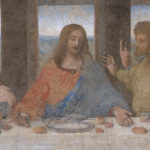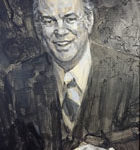
We here discuss an important factor in the intellectual/emotional life of mankind. For the want of a better symbol we refer to doubt. Words related to doubt (as also applies to doubt itself), are so full of emotional context, that we feel like we are in a mine field when we approach the theme. There is skepticism, which may carry an emotional burden greater than mere doubt. Doubt has many heroes, starting in our context with the age of Socrates in the western world. It tends to call upon the restrained intellect more than the dancing emotions like joy. It tends to assume that what is known implies the unknown, unless the unknown has a course unrelated to what is… Read more






